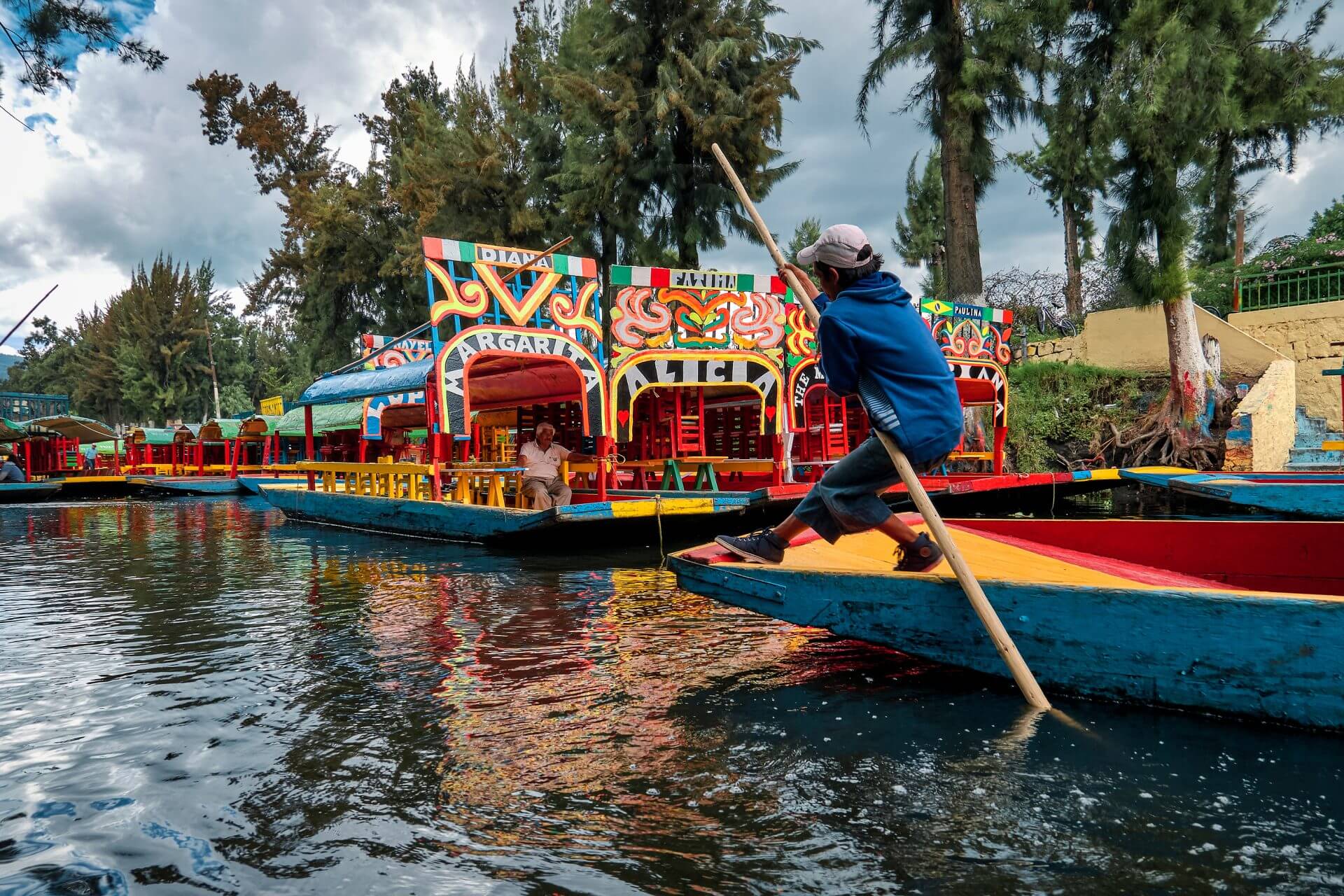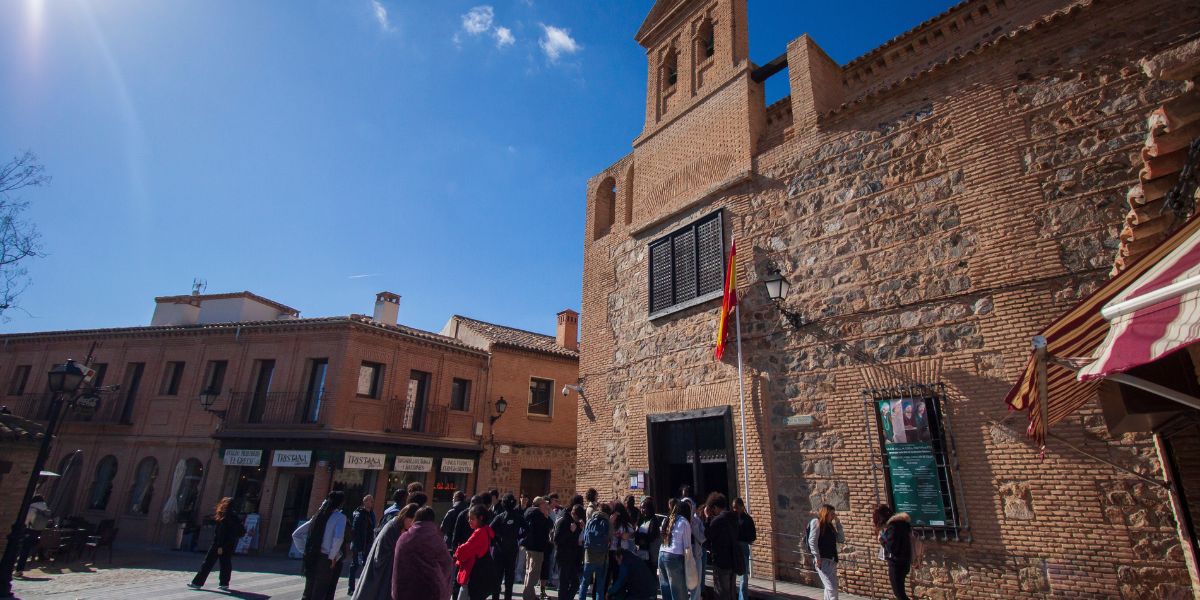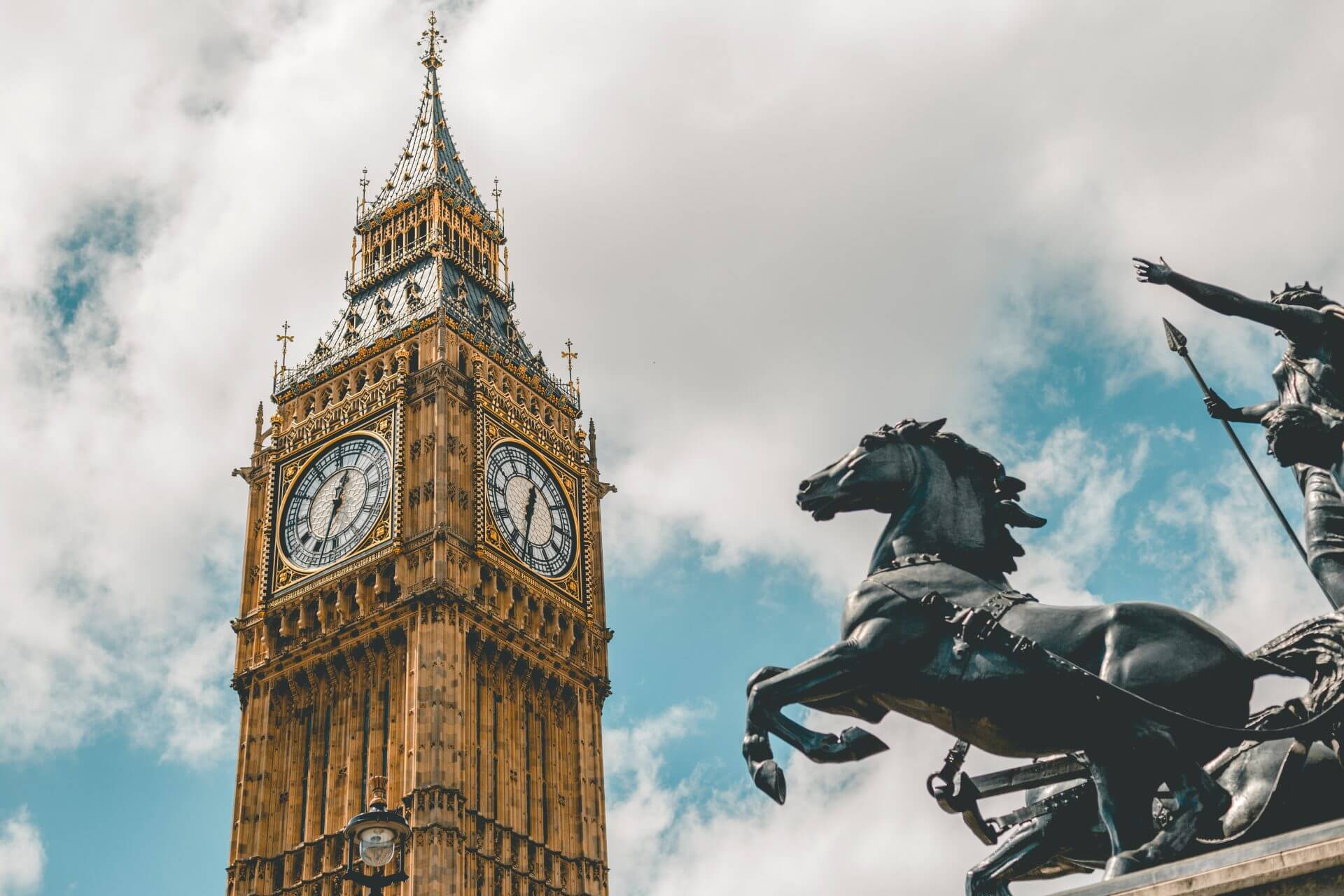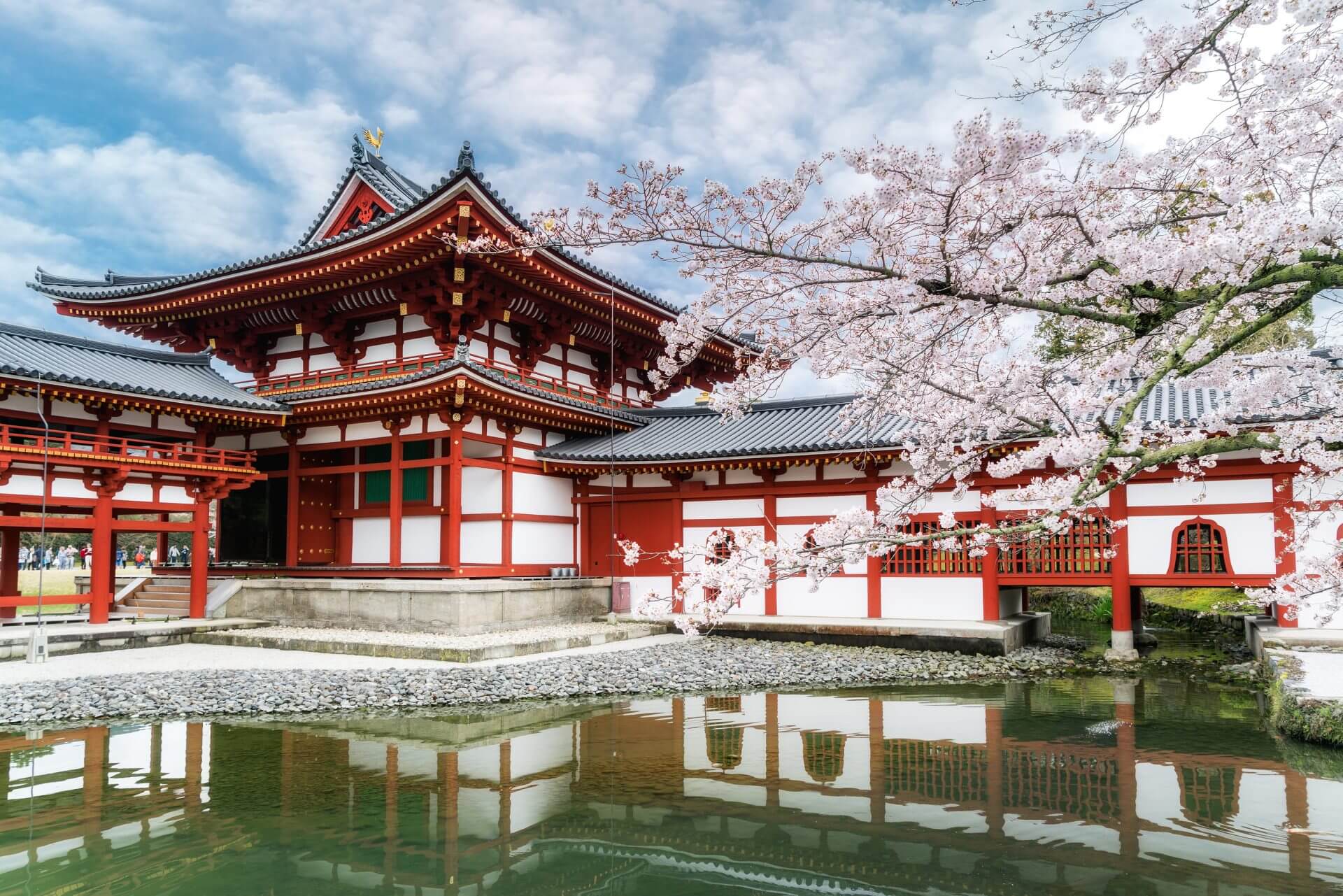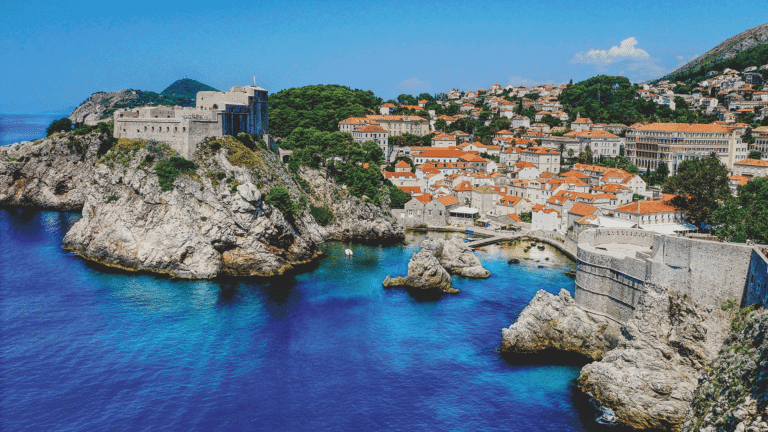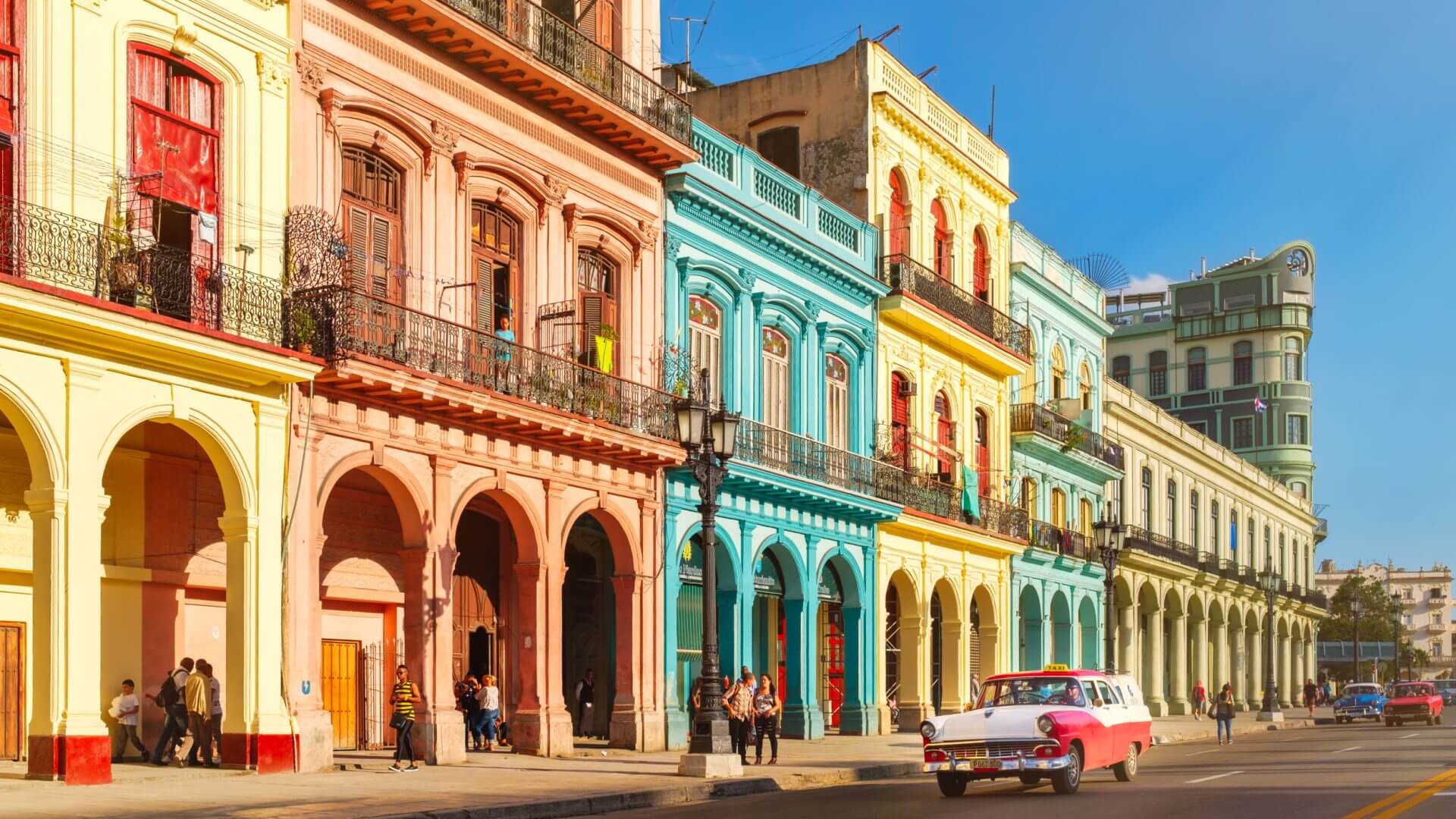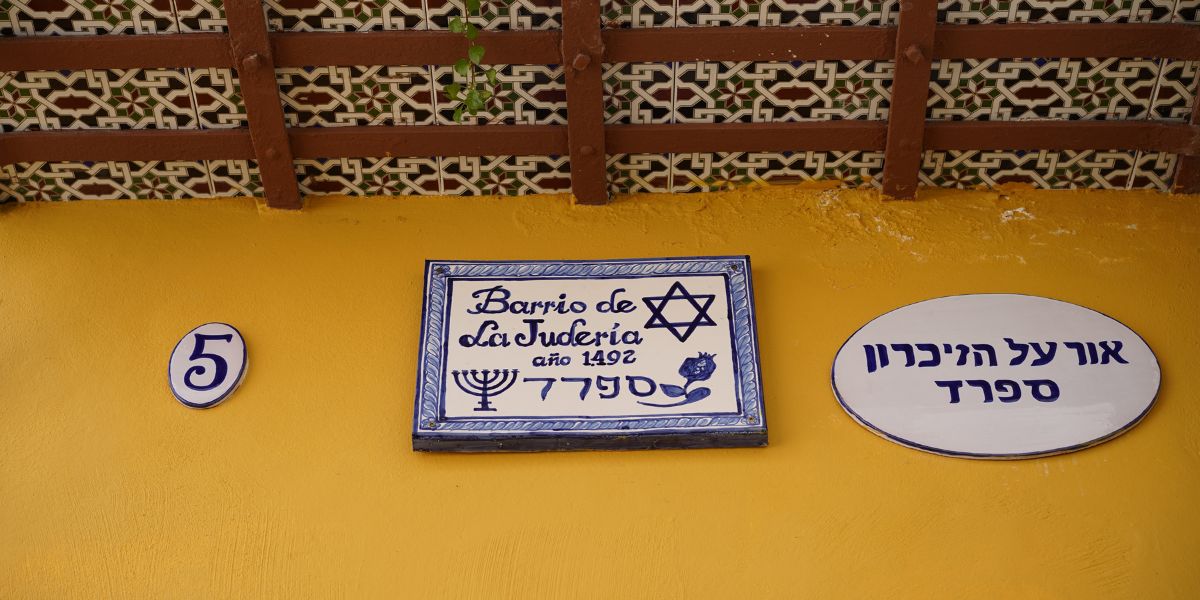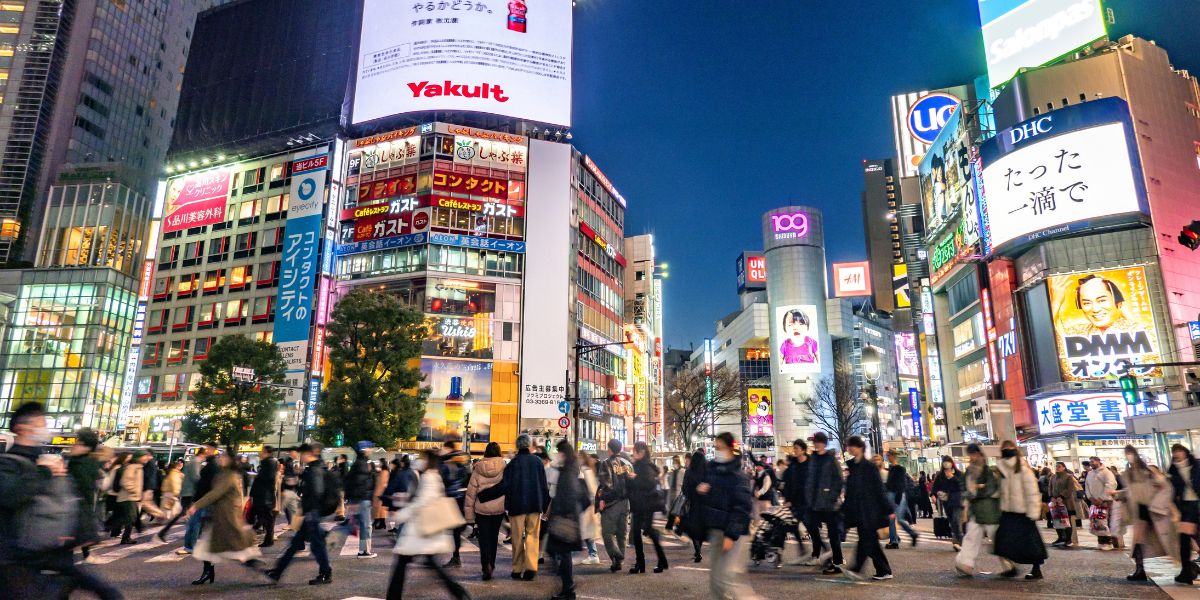Brazil is South America’s biggest country and is one of the world’s most fascinating tourist destinations. Ask the average American about Brazil and they’ll probably think in terms of the Amazon River and the vast rainforests, or samba and the Rio Carnival, but Brazil also has a vibrant Jewish culture that goes back almost 400 years. The history of the Jews in Brazil is deeply entwined with the history of the country itself.
Brazil is becoming increasingly popular with American Jews who are keen to combine a luxury vacation with the opportunity to explore the country’s Jewish heritage. A tailored tour of Brazil can include visits to historical synagogues and early Jewish agricultural communities, as well as organized meetings with Brazilian Jewish communities, and a chance to sample wonderful kosher Brazilian dishes.
Brazil is one of the world’s friendliest and most welcoming countries for Jews. Read on to learn more about Jewish heritage tourism in Brazil, and how Gil Travel will help you to plan a memorable trip for your family or tour group!

Jewish Migration to Brazil: The Story Begins
The story of Jewish migration to Brazil began in Portugal in the 15th and 16th centuries. The Portuguese were intrepid seafarers whose curiosity about the world and desire for wealth drove the Age of Exploration. Famous Portuguese mariners like Vasco de Gama and Bartolomeu Dias ranged the oceans, opening new trade routes and exploring the coasts of Africa, the Persian Gulf and India, even reaching Japan. In 1500, Pedro Álvares Cabral discovered Brazil.
It’s likely that the very first Portuguese ships to land in Brazil contained Jewish sailors. Mestre João and Gaspar da Gama are mentioned as possible crew members in Cabral’s original fleet. What’s certain is that Portuguese Jews were among the very first Portuguese settlers in Brazil and played an important role in establishing its nascent sugar industry.
The earliest Brazilian Jewish communities were mainly Conversos or Marranos (forcible converts to Catholicism). Even in the New World, life for the Conversos was potentially perilous and the Inquisition followed them to Brazil. Many sought refuge in the small Dutch colony in the North of Brazil where they found a kinder welcome. In 1636, the Sephardi Jewish immigrant community in Recife founded the Kahal Zur Israel synagogue – the very first synagogue in the Americas.
The Portuguese Inquisition did not entirely drive Jews out of Brazil, but the cruel state sanctioned religious persecution made life difficult and dangerous. When the Portuguese Inquisition was formally terminated in 1821, Jews began to return to Portugal and to its remaining colonies around the world. The first new synagogues in Brazil were founded in the 1820s in the city of Belém.
Brazil’s Jewish Farming Pioneers
Brazil is the fifth largest country in the world and much of the climate is favorable for agriculture. In the late 19th century, a new generation of European Jews began to look beyond the traditional Jewish professions and trades. There was also an urgent need to escape anti-Semitism, particularly in Russia. The would-be farmers were attracted to the idea of establishing agricultural settlements in Brazil and launched a new wave of Jewish migration to Brazil.
New pioneers quickly ran into difficulties when they crossed the Atlantic. Establishing farming communities in a new country from scratch was a hugely complicated undertaking. The untrained, inexperienced and poorly resourced farmers struggled to make a go of it. Even though the farming communities failed to thrive, they still represented a major achievement. The Jewish pioneers broke a restrictive cultural mindset and also opened the door to wider Jewish immigration to Brazil.
Twentieth-century Brazil experienced some wartime anti-Semitism. Its leaders placed restrictions on Jewish immigration, denying a safe refuge to thousands of Jewish refugees who fled the Holocaust. Modern Brazil is rated as one of the least anti-Semitic countries in the world. Jewish integration in Brazil extends into every aspect of national life and Brazil is a welcoming destination for US Jews who want to explore the country’s Jewish past.

Luxury Jewish Heritage Tourism in Brazil
Brazil is a big country with a huge diversity of landscapes and people and a luxury tour of Brazil can be as relaxing or as stimulating as you want. Jewish heritage tours almost always take in the cities of Rio de Janeiro and São Paulo – home to the majority of Brazil’s self-confident and friendly Jewish community. There are also opportunities to connect with Brazilian Jews in dozens of other towns, including Amazonian Jews whose ancestors settled in communities along the mighty Amazon River.
Explore Jewish Heritage in São Paulo
São Paulo is home to an estimated 80,000 Jews who are part of a cosmopolitan mosaic that includes communities of Italian, Korean, Arab, Japanese, Greek, French, Chinese, German and Bolivian descent, as well as millions of people of Portuguese and African and mixed heritage. São Paulo is a serious melting pot and its Jewish community co-exists comfortably with over 17 million other residents.
São Paulo’s Jews are drawn from all kinds of backgrounds and their ancestors arrived in successive waves of immigration from Russia and Poland, the Mediterranean and Levant, and other South American countries. There are currently 21 different synagogues in the city, including 4 Chabad synagogues. There is even a small Reform congregation, the Comunidade Shalom, established and maintained by US Jews.
The Jewish Museum of São Paulo gives a great insight into the city’s Jewish past and is housed in the former Beth El Synagogue noted for its beautiful Byzantine Revival-style architecture. Another interesting site is the Jewish Immigration Memorial at Bom Retiro.
São Paulo is one of the best places to experience kosher Brazilian food. São Paulo is a highly cosmopolitan city; in addition to gourmet Brazilian food, you’ll also find kosher pizza joints, sushi restaurants and a variety of other world cuisine.
Explore Jewish Heritage in Rio de Janeiro
Rio de Janeiro is world famous as Brazil’s non-stop party city with the annual carnival, bars and nightclubs and amazing coastline and beaches. Iconic beaches like Copacanaba and Ipanema (inspiration for the bossa nova song The Girl from Ipanema) and sites like Sugarloaf Mountain and the massive Christo Redentor statue attract tourists from all over the world.
Gil Travel’s organized private tours of Rio de Janeiro usually begin with a visit to the city’s Jewish museum (Museu Judaico do Rio de Janeiro). It’s a great starting point that gives visitors a unique insight into Rio’s Jewish past. The most spectacular Jewish heritage site is the recently restored Grand Temple of Rio. The magnificent synagogue was once a center of Jewish worship in Rio de Janeiro and is decorated with particularly beautiful mosaics and ornate archways and dome.
Rio’s Itzhak Rabin Park, with excellent views of the Botafogo beach and Sugar Loaf mountain provides a pleasant interlude and a chance to relax. Other Jewish heritage sites include Chaim Weizmann Square, the Anne Frank public school, and Rio’s main synagogues. There are currently 20 synagogues in the city and its suburbs. If you want to visit particular synagogues, talk to Gil Travel about the possibility of a private guided tour. American Jews may enjoy visiting the main Reform congregation of the Associação Religiosa Israelita (ARI). There are also Orthodox and Conservative synagogues that welcome guests.
When is the Best Time to Visit Brazil?
Brazil is in the Southern hemisphere which means that fall starts March 1 and ends May 31; and winter begins June 1 and ends August 31. Judging the climate of Brazil can be a little tricky, mainly because it’s such a big country. Rio and Recife (home to the Kahal Zur Israel synagogue) can experience seriously hot weather, despite cooling sea breezes. São Paulo is generally mild and has a pleasant climate for most of the year. The Amazon Basin and rainforests are cooler than many tourists expect, but are wet and rainy. When you plan your trip, Gil Travel will suggest the optimal months to suit your weather preferences.
Is Brazil Safe to Visit?
Like many countries Brazil has a problem with crime, but millions of foreign tourists have a wonderful time there every year and never experience any problems. If you stay out of the favelas and other dangerous neighborhoods, and observe basic common sense precautions, you’ll be fine. Tourist sites are usually effectively policed and Gil Travel works with experienced professional guides with detailed local knowledge. Luxury hotels and resorts employ trained private security and Gil Travel can arrange for vetted drivers if you want to explore further afield. Most tourists soon realize that Brazilians are friendly, helpful and hospitable people.
If you want to explore Brazil’s 400 year old Jewish history, and visit its superb golden beaches and cultural sites, Gil Travel will advise you about the best kosher hotels and restaurants, and can arrange meetings with Brazilian Jewish communities and invitations to synagogues and cultural events. The US dollar usually enjoys a favorable exchange rate with the Brazilian Real (BRL), so US tourists in Brazil can afford to spoil themselves and really make the most of luxury travel and gourmet kosher dining.
Plan the perfect Jewish heritage tour of one of the world’s great tourist destinations. If you also want to experience Brazil’s awesome natural beauty, we’ll be happy to tell you about Amazon river cruises as well!
